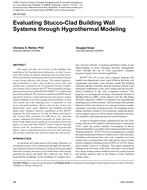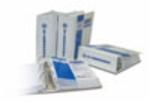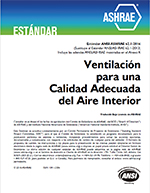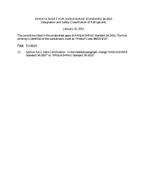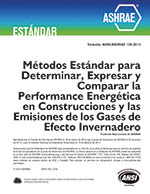Description
This paper provides an overview of the findings from modeling of the hygrothermal performance of select stuccoclad wall systems to address mounting concerns about moisture levels and the resulting potential for decay and mold inside certain energy-efficient wall systems. The annual hygrothermal performance of three state-of-the-art stucco-clad wall systems was evaluated in the 16 California Energy Commission climate zones using the WUFI® Pro4.0 building envelope simulation program and the METEONORM® 5.1 weather data generation program. The oriented strand board (OSB) sheathing and its moisture content and interior and exterior surface relative humidity were used to gauge the performance of each wall system since this building layer is vulnerable to both decay and mold problems. Based solely on the current onedimensional water vapor diffusion and building material liquid water transport analysis capabilities of this WUFI® program, the wall systems in 15 of the 16 climate zones generally showed little potential for OSB decay but somewhat greater, although still limited, potential for mold. However, based on the implications of other recent research cited in this paper, it is clear that these WUFI® results could be radically altered with the introduction of additional hygrothermal effects, such as multi-dimensional convective heat and moisture transfer and bulk water intrusion inside the wall system.
Units: Dual
Citation: ASHRAE Transactions, Vol. 113, pt 1, Dallas 2007
Product Details
- Published:
- 2007
- Number of Pages:
- 15
- File Size:
- 1 file , 2.2 MB
- Product Code(s):
- D-DA-07-033
